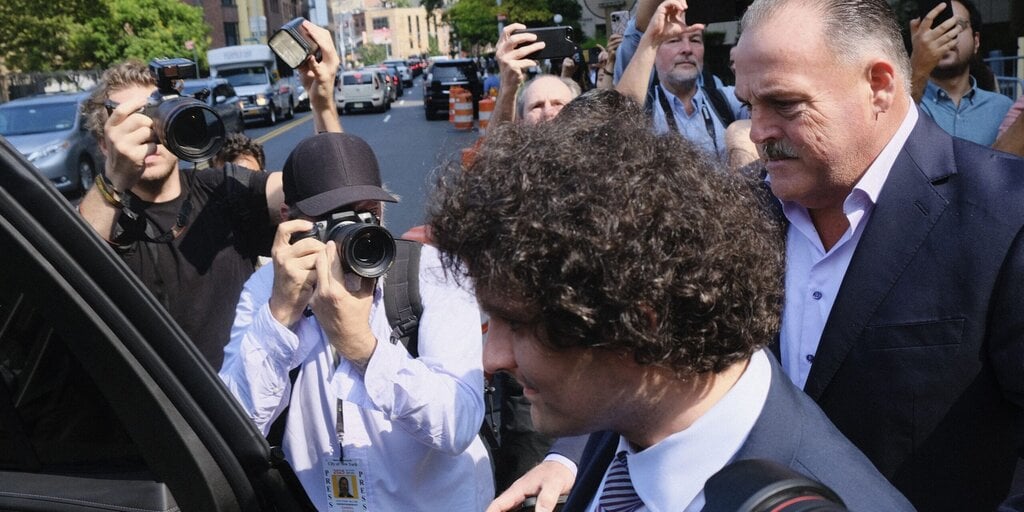Judge Rules Sam Bankman-Fried Can’t Mention Effective Altruism or Jail Time in Court

[ad_1]
During his criminal trial slated to start next week, FTX founder and former CEO Sam Bankman-Fried won’t be able to tell the jury about his charitable works or the time he spent behind bars since his bail was revoked, according to a judge’s order on Tuesday.
Addressing a series of motions from federal prosecutors and the former crypto mogul’s counsel, Judge Lewis Kaplan effectively drew boundary lines for Bankman-Fried’s six-week shot at retribution following the collapse of FTX last year.
Bankman-Fried faces seven fraud and conspiracy charges, to which he has pleaded not guilty. They are the result of allegations that he and FTX’s top executives misappropriated billions of dollars of customer funds before the exchange went belly up.
Before his sprawling crypto empire crumbled, Bankman-Fried championed a movement dubbed Effective Altruism. It essentially called on believers to give away their money to charitable causes in an efficient, evidence-based way.
While charitable funds that starred supermodel Gisele Bundchen were once key to crafting a positive public image for Bankman-Fried, Judge Kaplan precluded “any alleged prior good acts by the defendant, including any charity or philanthropy, as indicative of his character or his guilt or innocence.”
In terms of what federal prosecutors can bring up at trial, Judge Kaplan gave them the green light to talk about topics that include an “alleged scheme to bribe a Chinese government official” for the release of frozen funds and FTX’s exchange token FTT.
Judge Kaplan explained that evidence related to the alleged bribery scheme is admissible, insofar as it relates to how Bankman-Fried developed an alleged “illegal relationship” with former Alameda Research CEO Caroline Ellison.
Ellison, one of several former executives who has pleaded guilty in relation to FTX’s collapse, is expected to testify at trial. A one-time lover of Bankman-Fried, snippets of her personal writings landed Bankman-Fried back in jail after he reportedly gave them to the New York Times—a move that sparked witness tampering concerns.
Federal prosecutors were also given permission to talk about how automatic deletion policies at FTX—which regularly erased business communications—speak to an “apparent attempt to suppress evidence of the crime.”
Judge Kaplan also sided with federal prosecutors in precluding evidence related to Bankman-Fried’s “family background, health, age, pretrial detention, or any other similar factors,” finding that such things are not relevant to the crimes he is charged with.
The recreational drug use of witnesses is one area where Judge Kaplan did not align with federal prosecutors. He said the topic warrants discussion at trial, counter to their motion, with a caveat that Bankman-Fried’s lawyers notify the court and government before the topic is brought up.
Stay on top of crypto news, get daily updates in your inbox.
[ad_2]
Source link

